Planet Drum Foundation is “a voice for bioregional sustainability, education and culture. The organization’s website features educational resources, resources, informative essays on current issues related to sustainability culture, and a unique “Eco-Eye on the Olympics” – supporting the foundation’s opposition to the environmental impacts caused by the Winter Olympics.
Members of Planet Drum receive the foundations newsletter, the most recent issue of which features a selection of bioregional poetry selected by Gary Lawless, founder of Gulf of Main Books.
This special poetry issues means preserve those relationships, those languages, with works by Jerry Martien, Caryn Mirriam-Goldberg, Marcela Delpastre (translated from the Occitan by Nicole Peyrafitte and Pierre Joris), Richard Hamasaki, Lisa Panepinto, Destiny Kinal, Kauraka Kauraka, Jess, Housty, Gary Lawless, Joanne Kyger, Peter Berg, James Koller, Dale Pendell, and Art Goodtimes.

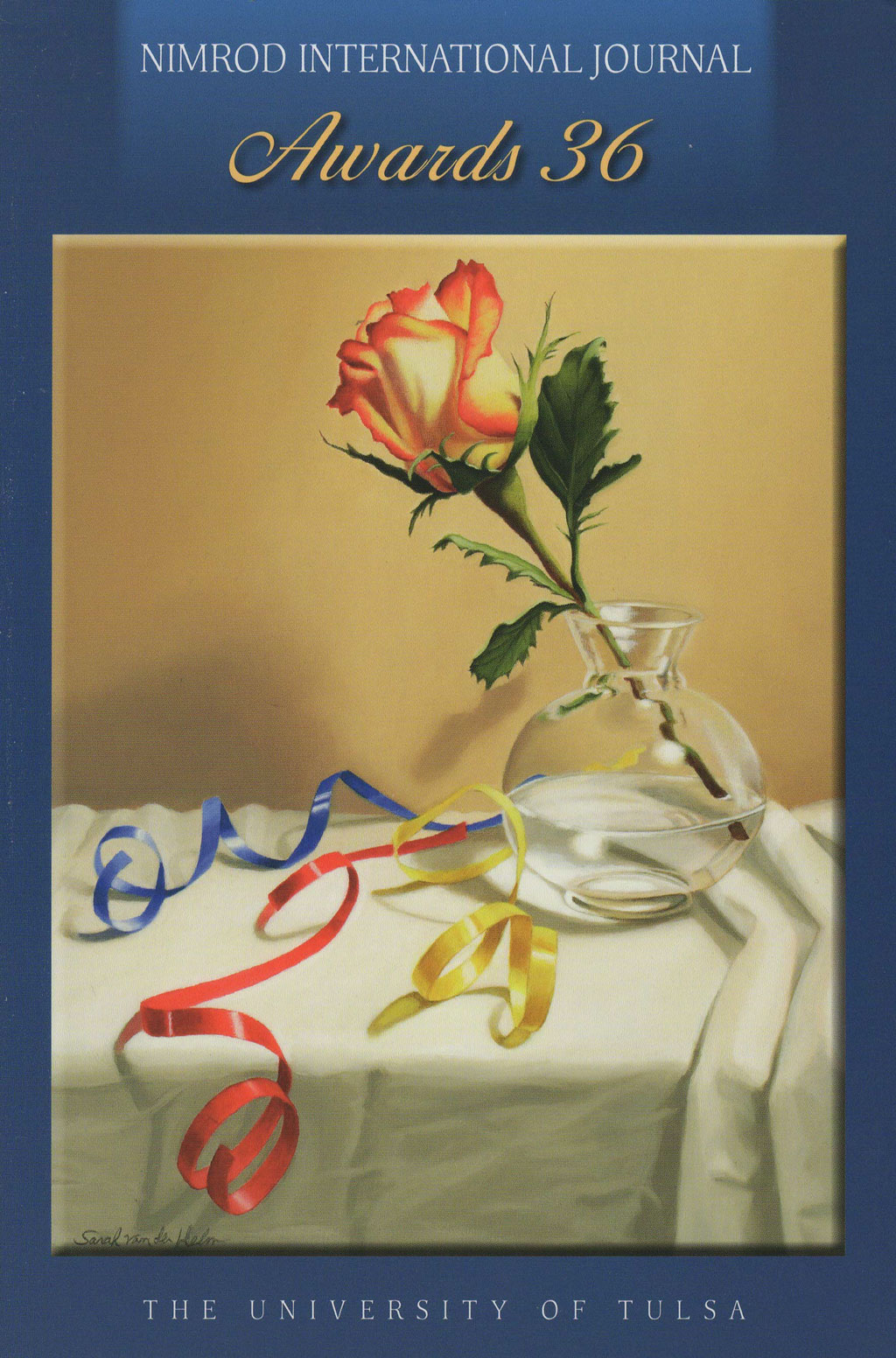 Every year, Nimrod puts out a special issue dedicated to that year’s awards: The Katherine Anne Porter Prize for Fiction and The Pablo Neruda Prize for Poetry. This fall, Nimrod honors the selections made by fiction judge Chris Abani and poetry judge W. S. Di Piero. “The winning stories and poems display a breadth of style and creativity, each one unique in its approach to its subject.”
Every year, Nimrod puts out a special issue dedicated to that year’s awards: The Katherine Anne Porter Prize for Fiction and The Pablo Neruda Prize for Poetry. This fall, Nimrod honors the selections made by fiction judge Chris Abani and poetry judge W. S. Di Piero. “The winning stories and poems display a breadth of style and creativity, each one unique in its approach to its subject.” DigitalArts Editor
DigitalArts Editor  Because of her large success with her creative nonfiction title Wild, Cheryl Strayed is greatly known in the writing world, and in the latest print issue of
Because of her large success with her creative nonfiction title Wild, Cheryl Strayed is greatly known in the writing world, and in the latest print issue of 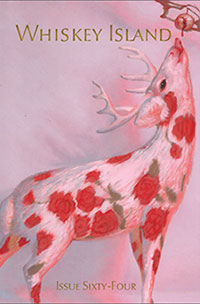
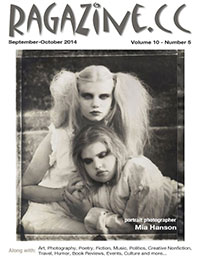
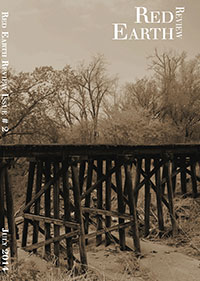

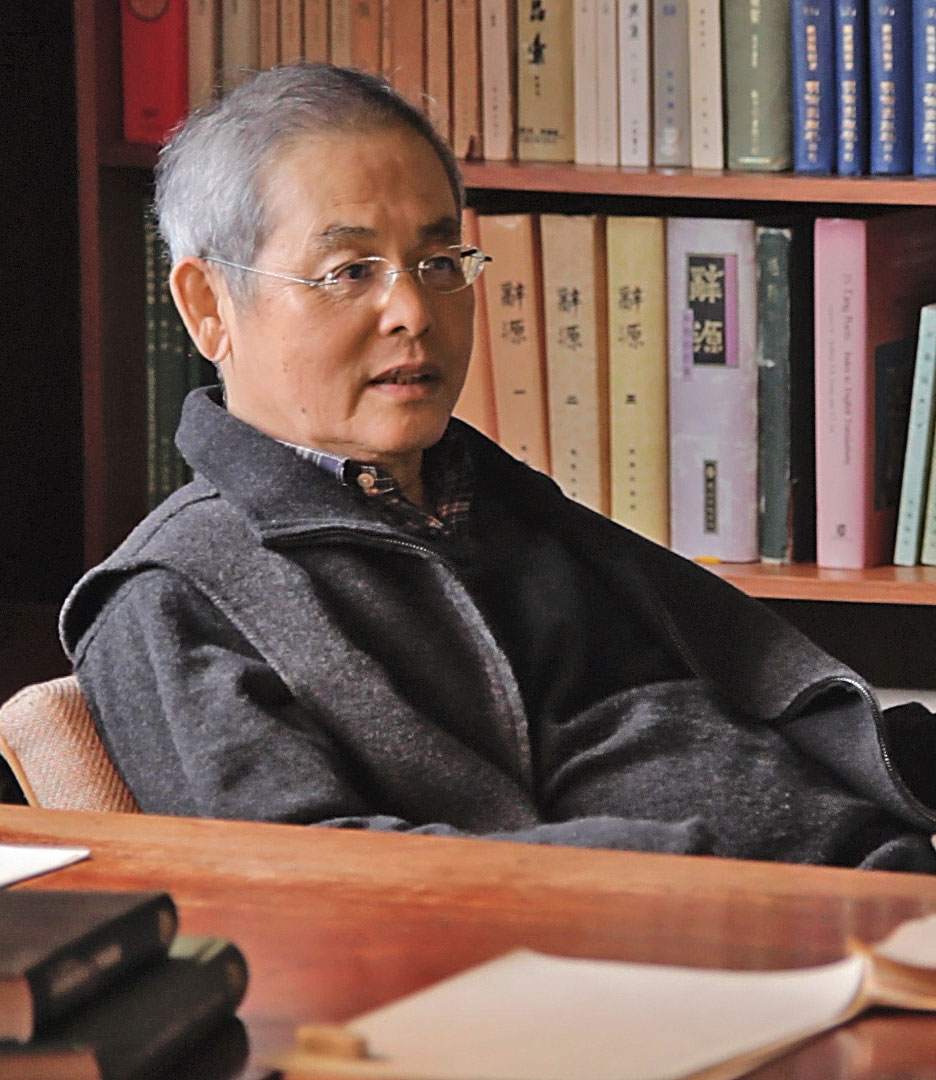 “The Newman Prize for Chinese Literature is awarded biennially in recognition of outstanding achievement in prose or poetry that best captures the human condition, and is conferred solely on the basis of literary merit.” The winner for 2013 is Yang Mu, and the recent issue of Chinese Literature Today includes a special feature on the writer, including poetry by Yang Mu and an interview.
“The Newman Prize for Chinese Literature is awarded biennially in recognition of outstanding achievement in prose or poetry that best captures the human condition, and is conferred solely on the basis of literary merit.” The winner for 2013 is Yang Mu, and the recent issue of Chinese Literature Today includes a special feature on the writer, including poetry by Yang Mu and an interview.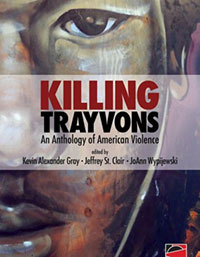 Published by CounterPunch,
Published by CounterPunch, 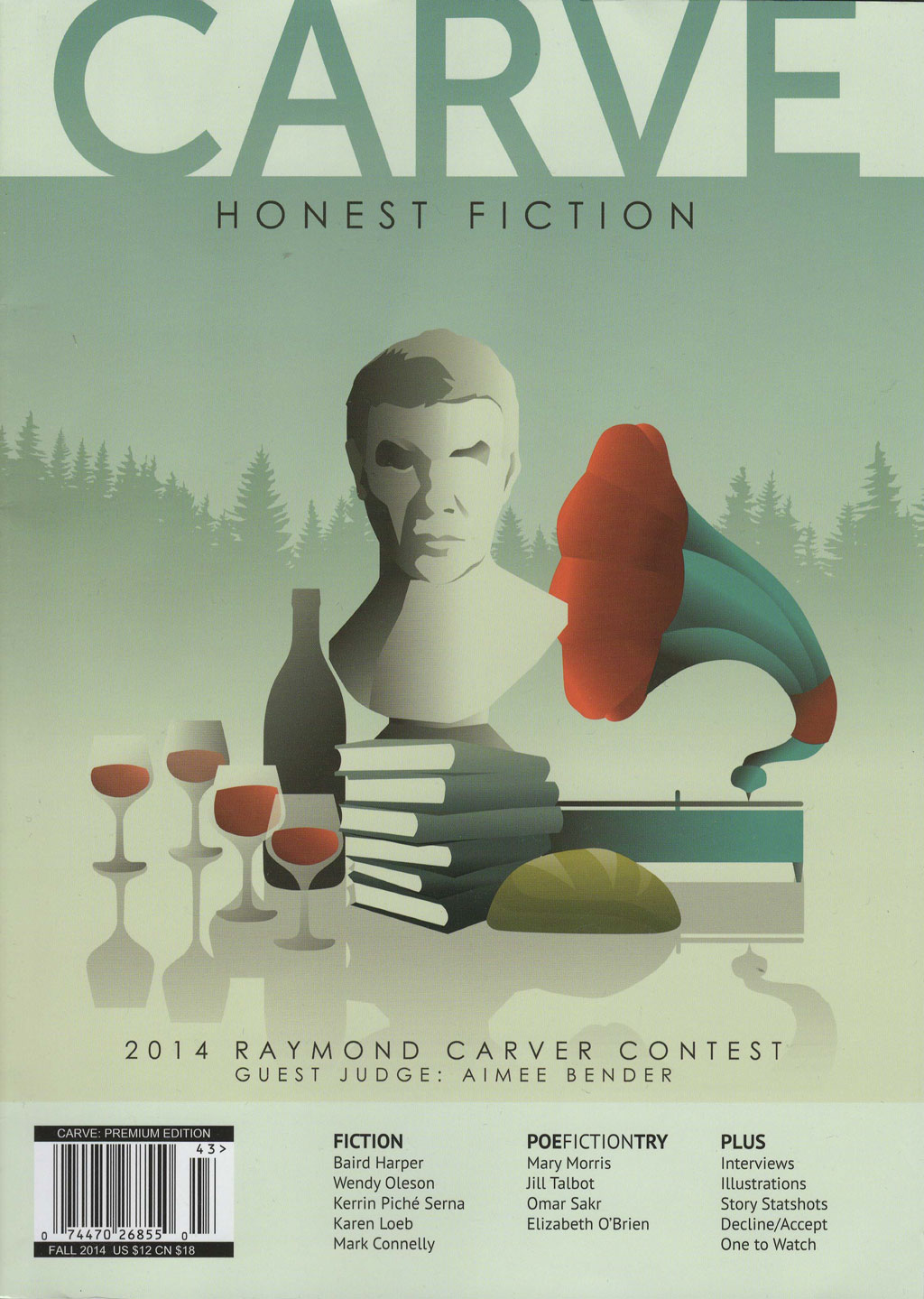 The latest issue of
The latest issue of 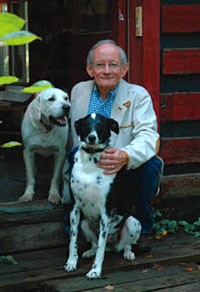 On a parking lot staircase
On a parking lot staircase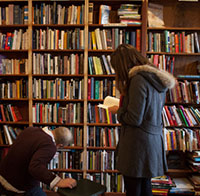 “You know what you can’t buy on Amazon? A cozy nook to hang out and skim the new or used book you’re about to buy. Knowledgeable staffers (not algorithms) to recommend favorite novels. Some of our favorite bookstores even offer coffee, wine or beer. So the next time you’re on the hunt for a page-turner, browse the stacks inside these wonderful, well-read shops.” Check out the stores in
“You know what you can’t buy on Amazon? A cozy nook to hang out and skim the new or used book you’re about to buy. Knowledgeable staffers (not algorithms) to recommend favorite novels. Some of our favorite bookstores even offer coffee, wine or beer. So the next time you’re on the hunt for a page-turner, browse the stacks inside these wonderful, well-read shops.” Check out the stores in 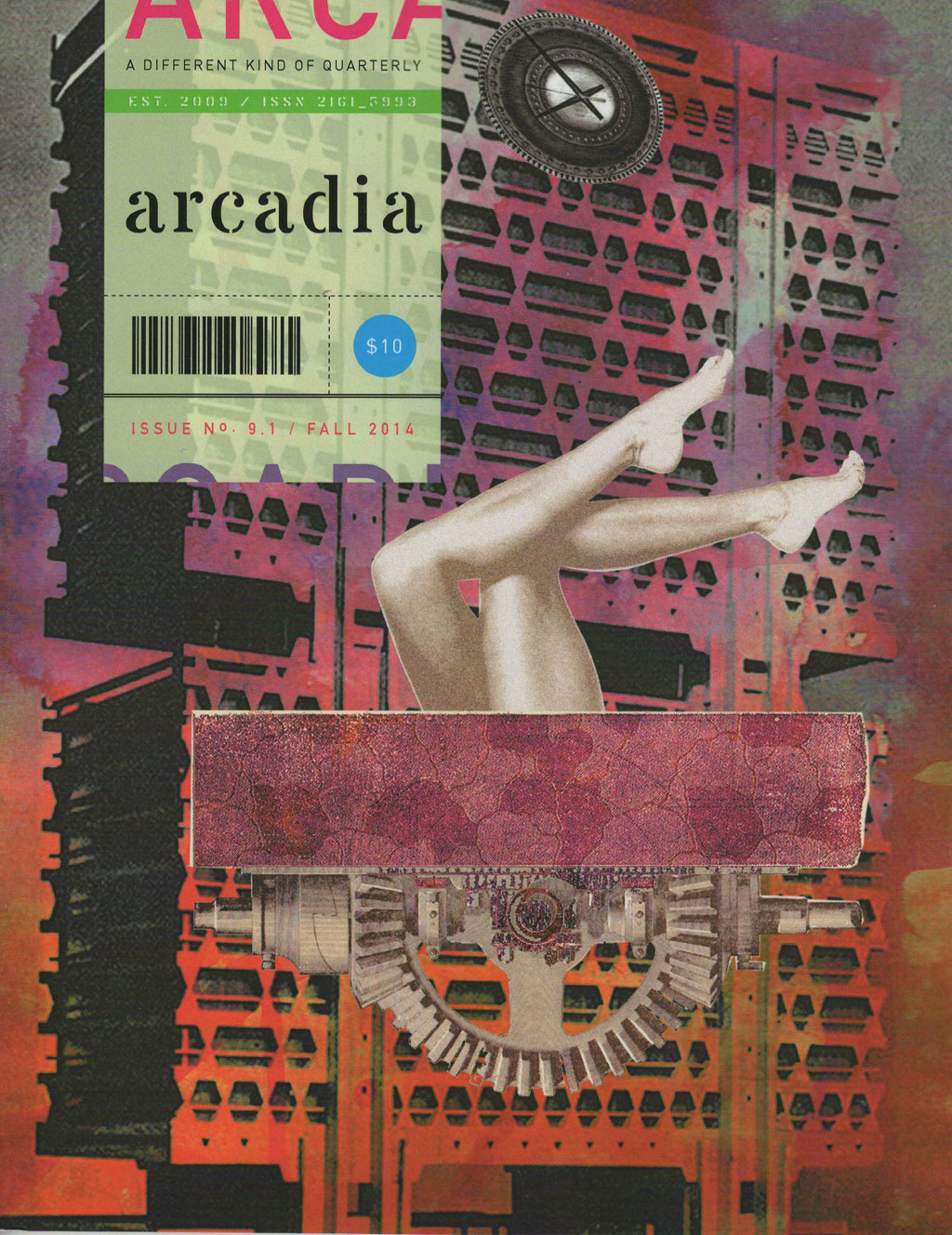
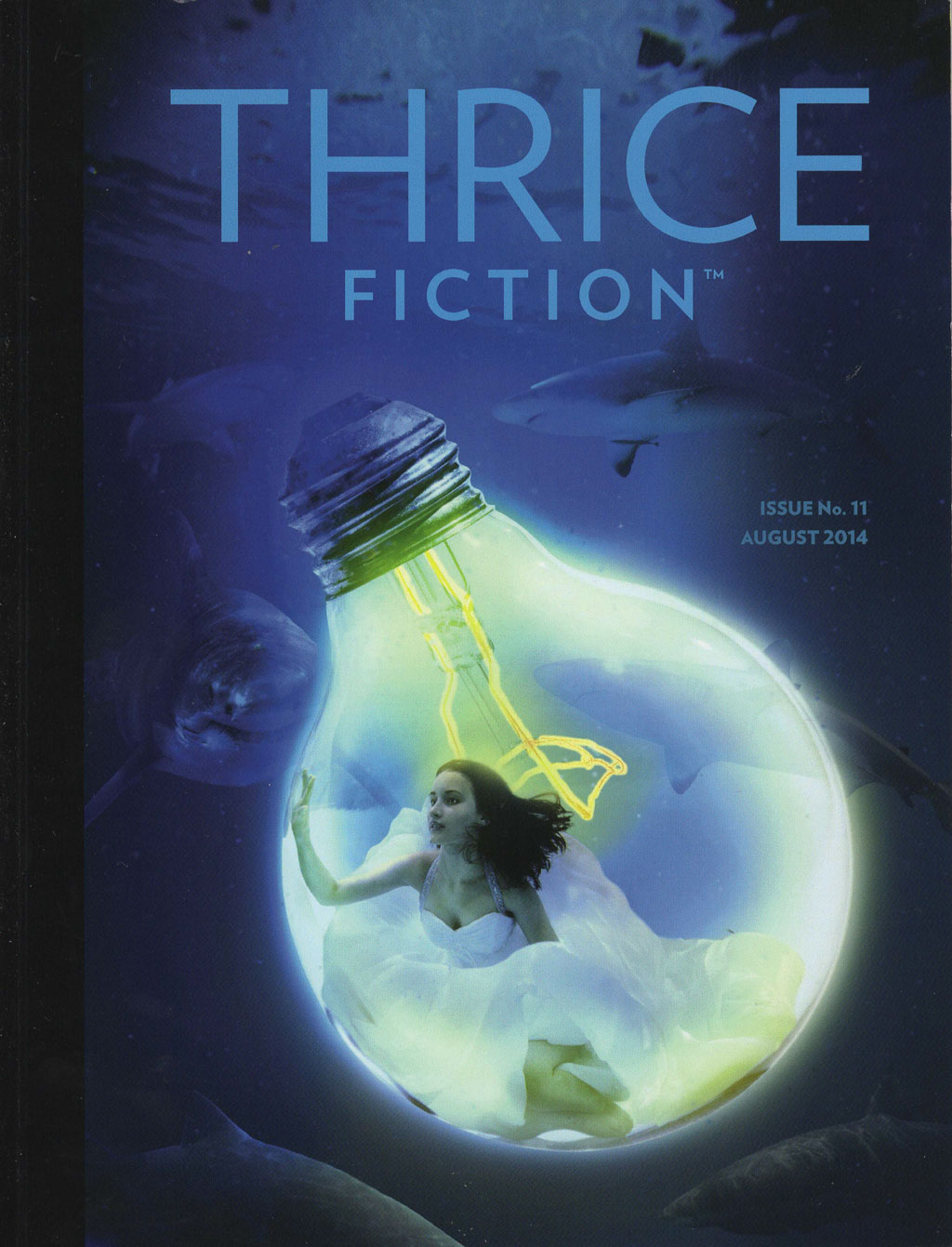
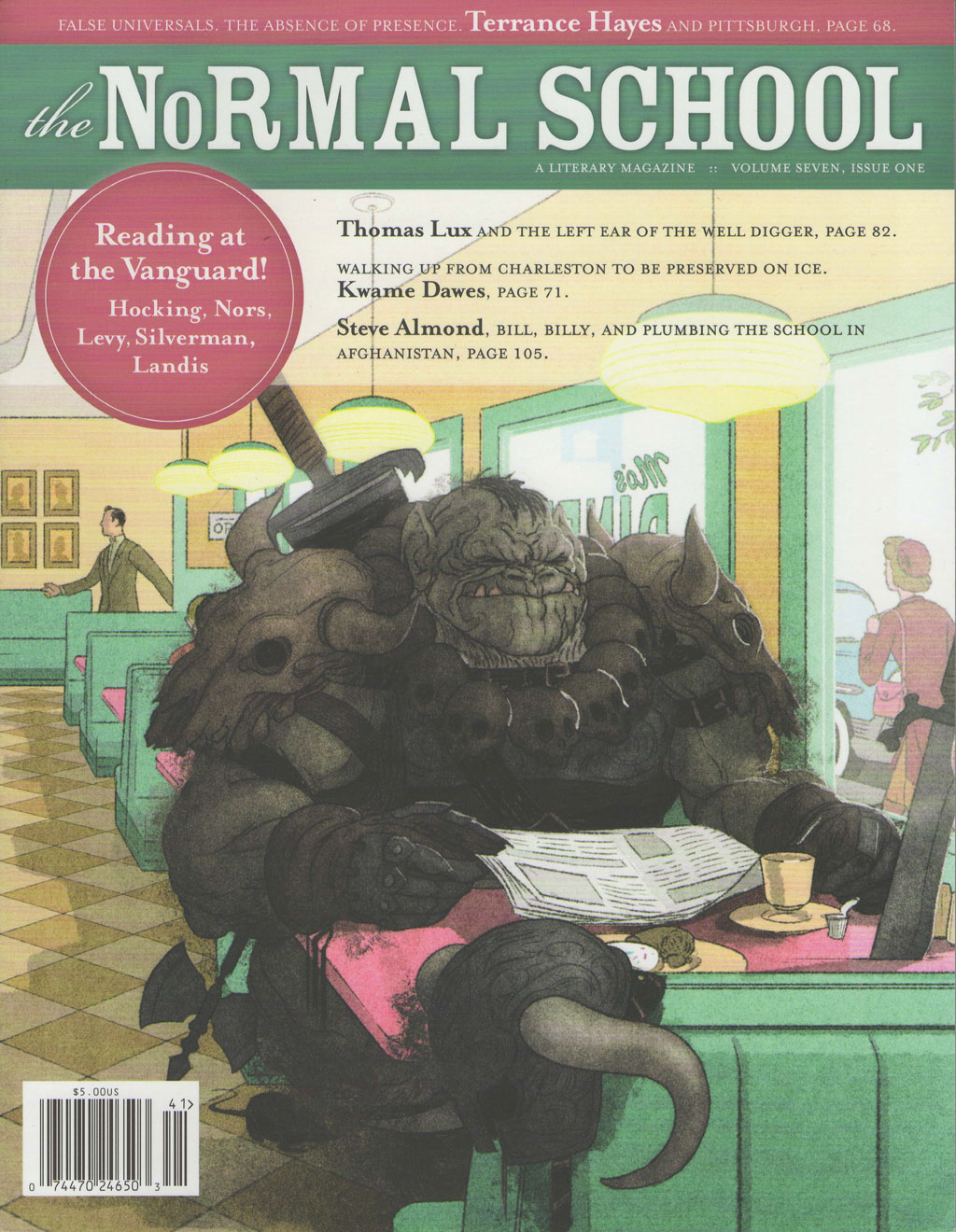
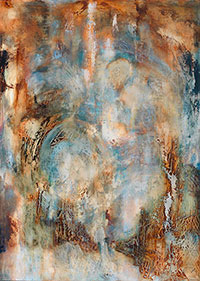 From
From  Non-Sequitur by
Non-Sequitur by  1st place goes to John Thornton Williams [pictured] of Laramie, WY. He wins $1500 for “Darling, Keith, The Subway Girl, and Jumping Joe Henry” and his story will be published in Issue 95 of Glimmer Train Stories. This will be his first print publication.
1st place goes to John Thornton Williams [pictured] of Laramie, WY. He wins $1500 for “Darling, Keith, The Subway Girl, and Jumping Joe Henry” and his story will be published in Issue 95 of Glimmer Train Stories. This will be his first print publication.  The independent print literary review,
The independent print literary review, 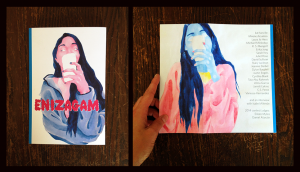 The latest volume of
The latest volume of  Bruce Bond, of Denton, Texas, has been named winner of the
Bruce Bond, of Denton, Texas, has been named winner of the  The Fall/Winter 2014 issue of
The Fall/Winter 2014 issue of 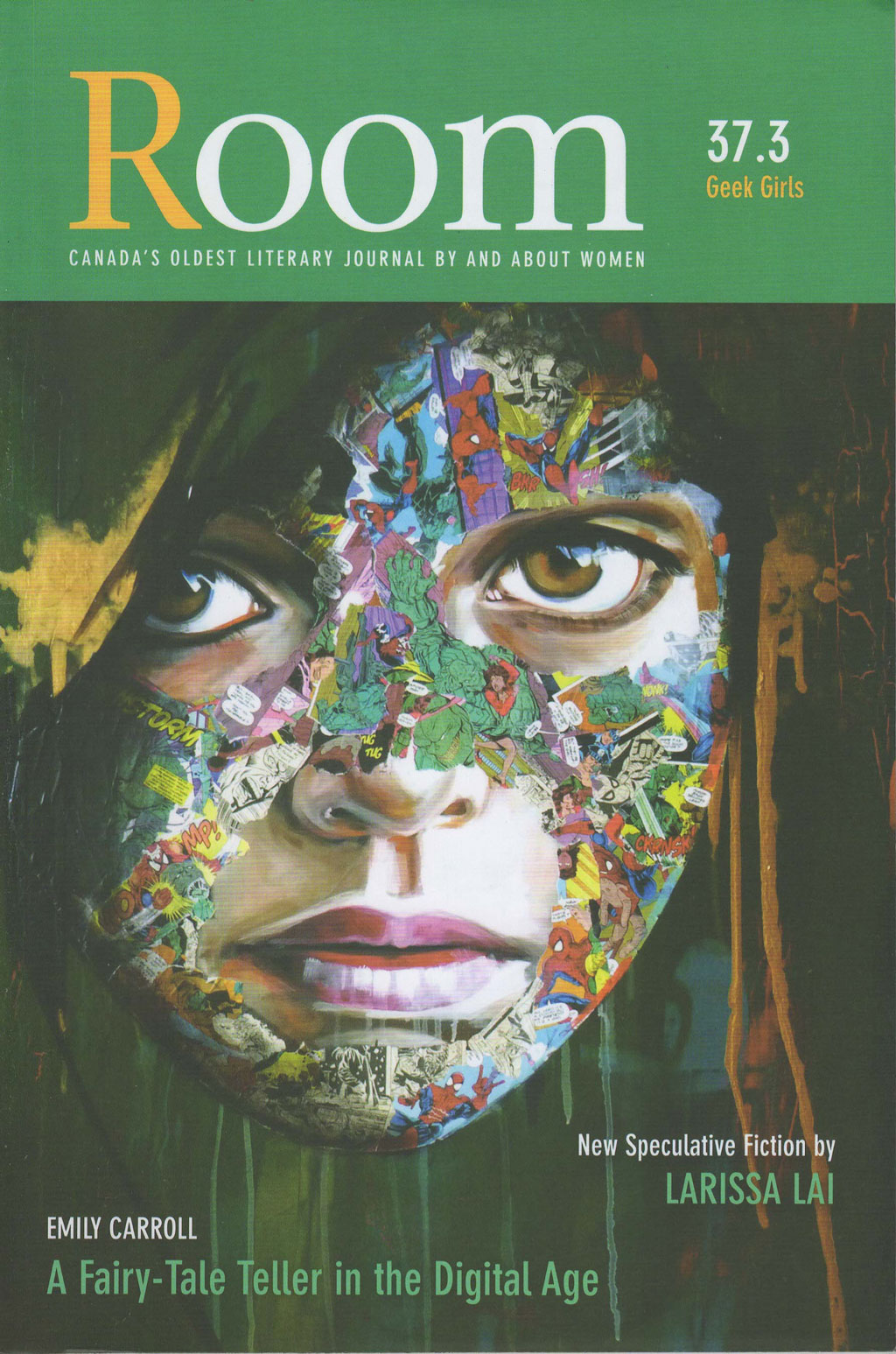 Paying full notice to the current phenomenon of women pretending to be geeks to attract males and “the insidious ‘Idiot Nerd Girl’ meme,” Meghan Bell introduces this special “Geek Girls” issue of
Paying full notice to the current phenomenon of women pretending to be geeks to attract males and “the insidious ‘Idiot Nerd Girl’ meme,” Meghan Bell introduces this special “Geek Girls” issue of 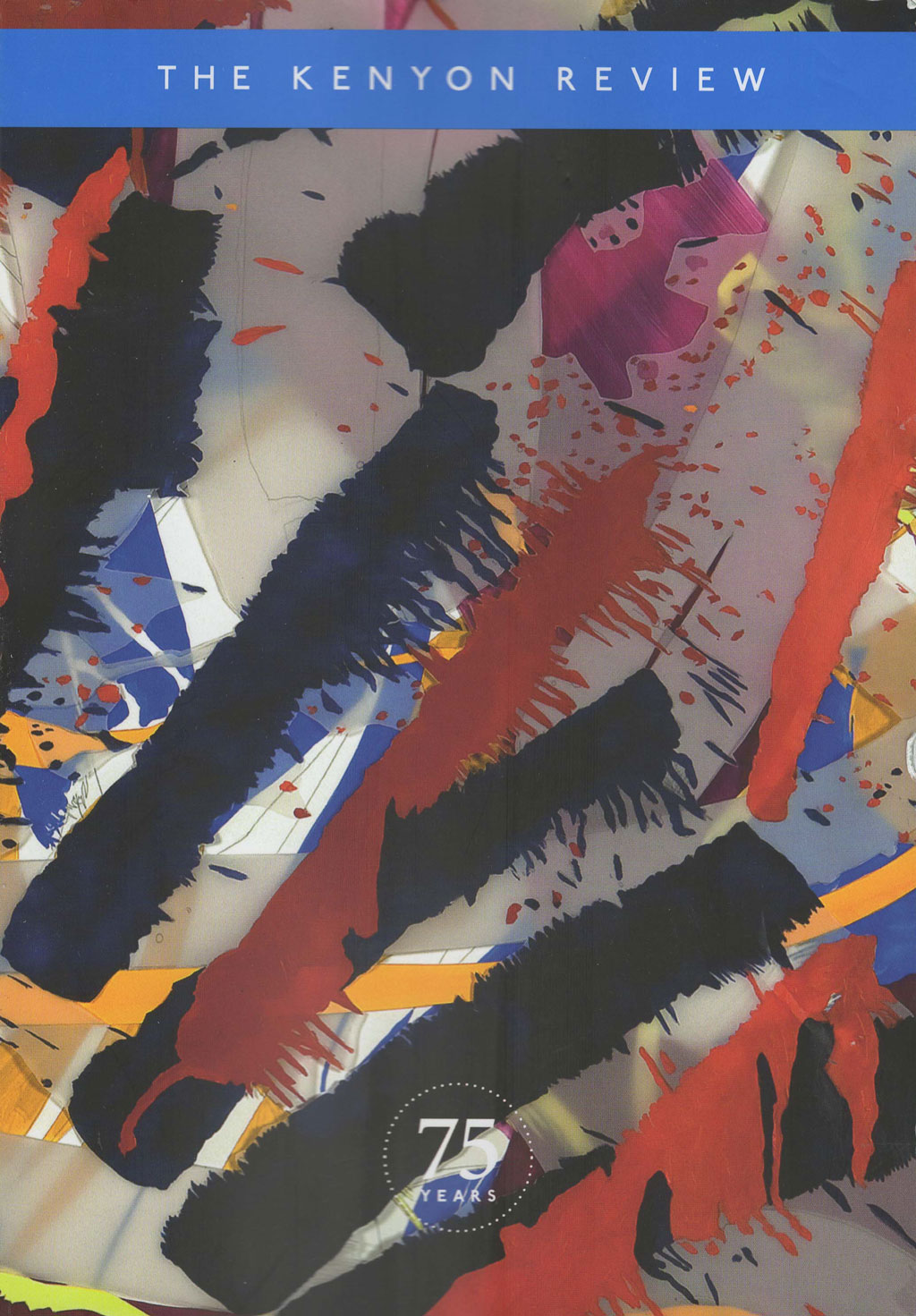 The most recent issue of
The most recent issue of 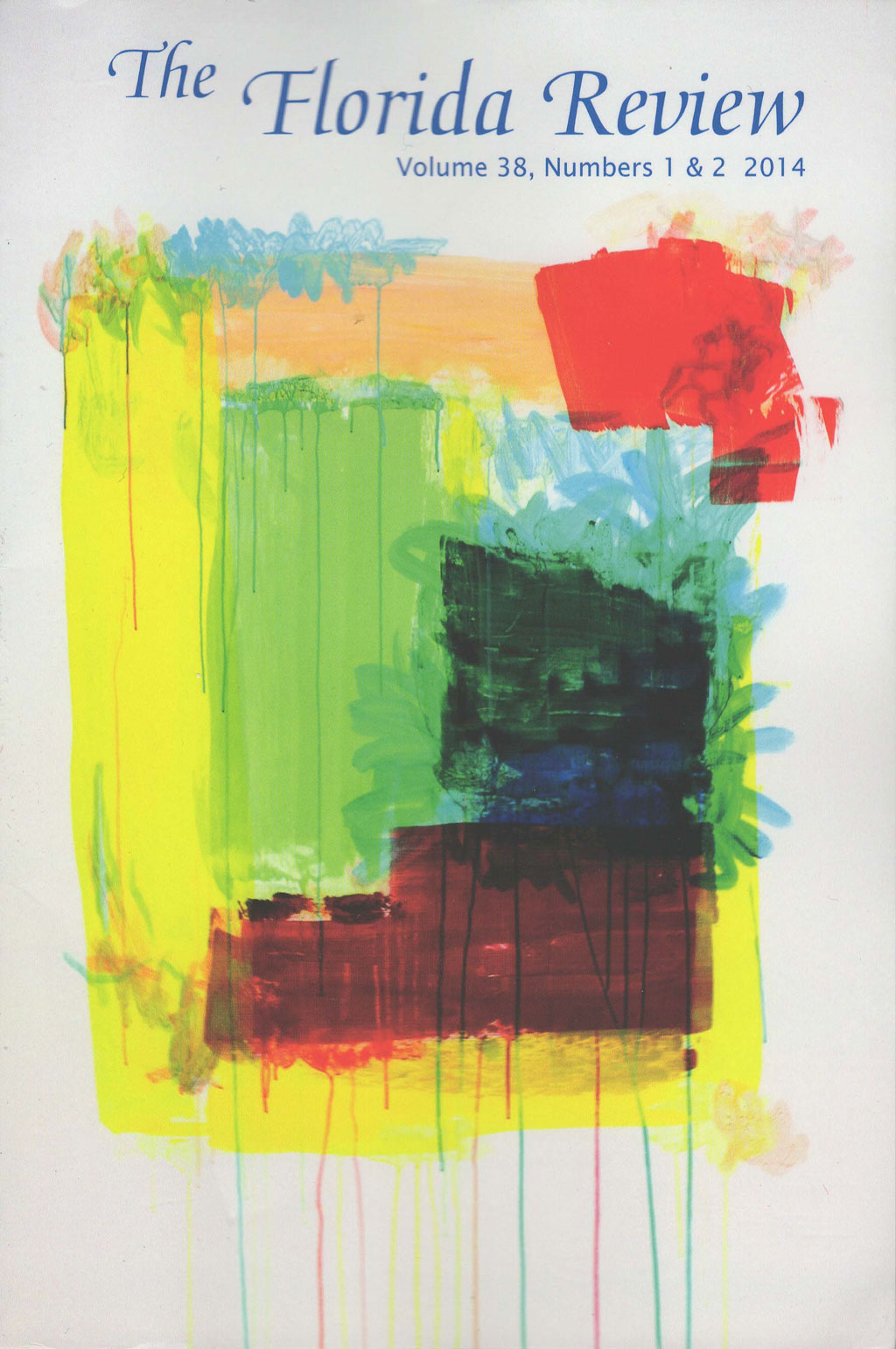 The current issue of
The current issue of